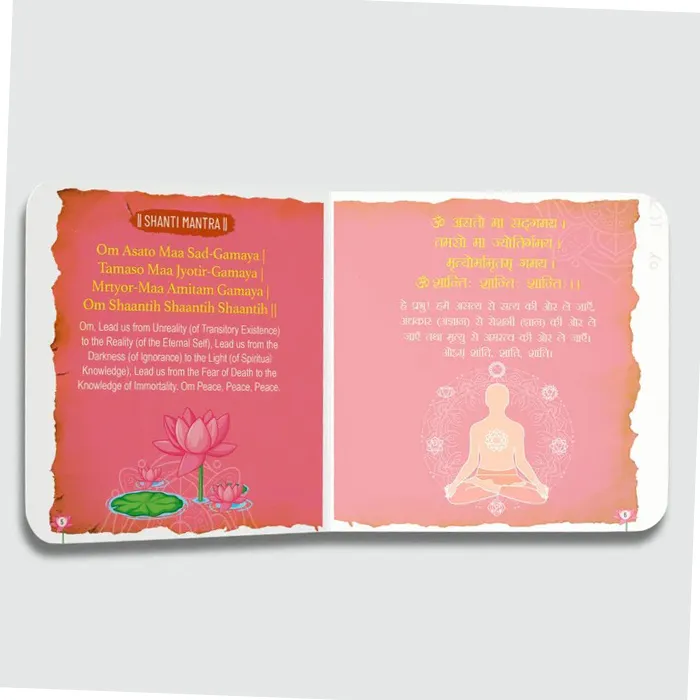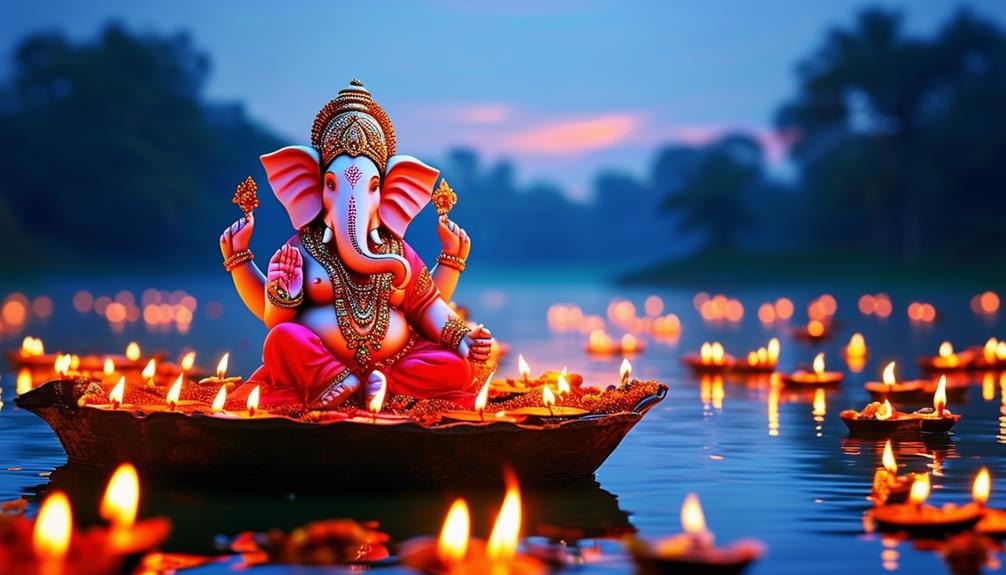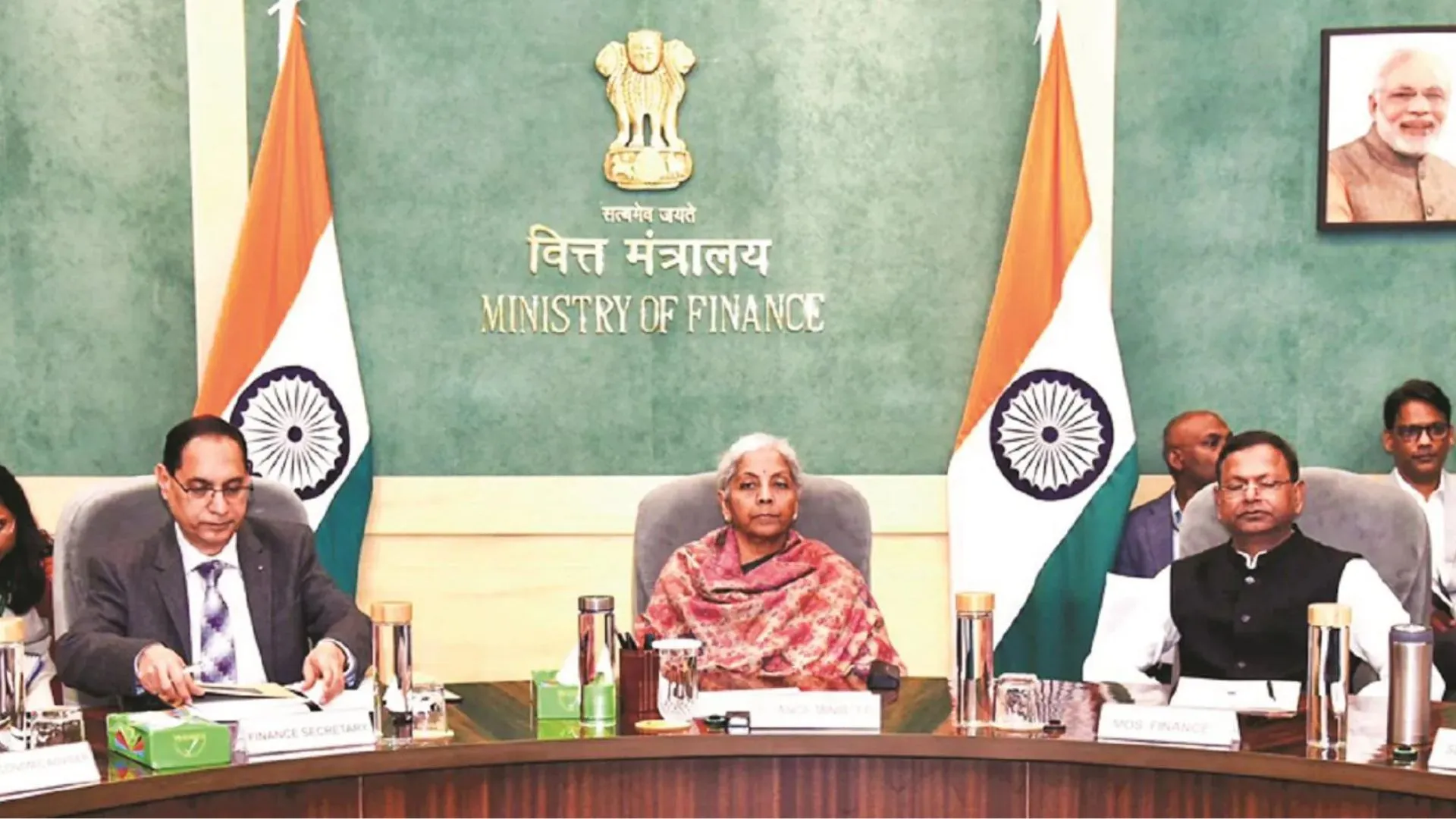Roller coasters are the main attractions at major theme parks. Many people queue up to get aboard the little train-like carriages, for the thrill of going up and down steep tracks, designed to take the passengers to just short of falling off the edge, at high speed. Some find this exhil-arating and some vow never to do it again, only to be lured once more by the extreme emo-tions that the rides induce.
Life is a little like that. There are ups and downs in the lives of most people, and some even have extreme ups and downs that take them to the edge. Most people though, if asked, would probably say that these, seemingly non-manufactured, emotional roller coasters would be something they would rather do without. What is misunderstood is that the ride is totally in our own hands or rather in our own minds.
We overthink, we make small matters big, use others as a crutch and attribute blame. This is all based on the meaning and importance we attach to situations and the way we look outside of ourselves for the cause and effect of our unhappiness. It is the meaning that we give to an event that generates the emotion. We fail to understand that our stability of emotions, which brings steady peace and happiness, lies with us. Nothing outside of us should be able to pol-lute the peace and happiness on the inside. Just as a boat is designed to float on the water, water should not come into the boat. We need to learn how to navigate the waves of life.
There are three ways to develop, practise and enhance the skill of calming emotions. The first is to give the mind regular periods of deep silence. This recharges the mind and slows the thoughts, giving clarity and understanding. The second thing is to make sure that temporary desires, such as possessions, position, status, appreciation, attention and approval, are recog-nised for what they are, that is, temporary. The way to do this is to concentrate and focus on eternal desires instead of temporary desires; those of peace, love, joy, self-respect.
These eternal desires already exist in seed form within each one. The seeds need to be wa-tered so that they can germinate and grow. In meditation, we water the seeds of peace, love and joy and thereby feed the soul. Then the behaviour of the mind changes, and we have emotional stability. The roller coaster of life then seems very far away and a complete waste of time. The peace, harmony and joy of being the master of my own mind is such powerful attainment that brings such a different way of living. This way of living not only brings sta-bility in my own life but also in those around me because what emanates from a stable, peaceful and powerful mind is benevolence, in all its forms.
Yogesh Sharda is the National Coordinator of the Brahma Kumaris’ services in Turkey.













